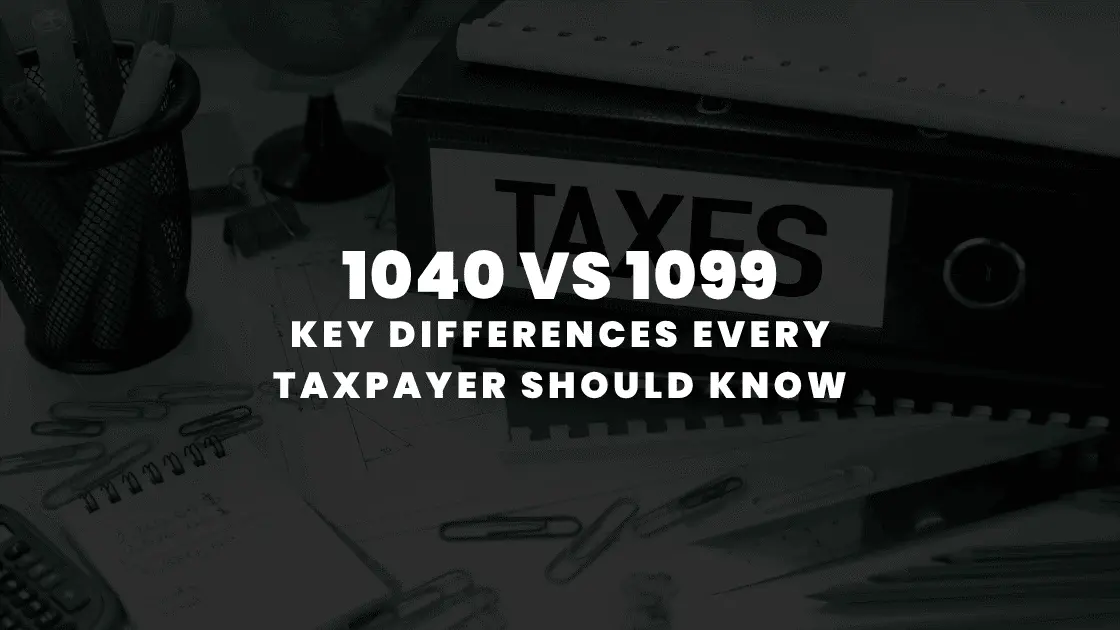March 21 2023 | By Farwah Jafri | 5 minutes Read

What is the IRS 941 Form?
Who needs to file the 941 form?
When does 941 form needs to be submitted?
How do I file 941?
Determine the reporting period
Gather information
Complete the form
Calculate taxes owed
Pay owed taxes
File the form
What are the penalties if the submission of the IRS 941 Form is late?
In a Nutshell…
941 form is a quarterly tax form used by employers in the USA to report withholding taxes from employees’ wages, tips, and other compensations. The form also calculates and pays the employer’s share of Social Security and Medicare taxes.
Employers must file a 941 tax form each quarter to report the amount of federal income taxes withheld from employees’ paychecks, as well as the employees’ Social Security and Medicare taxes. The form also provides a reconciliation of the amounts reported and any adjustments or corrections that need to be made.
Employers must follow the 941 form instructions accurately and file it on time, as failure can result in penalties and interest charges from the IRS.
Generally, employers must file a 941 tax form four times a year, every quarter. The deadlines for filing are April 30, July 31, October 31, and January 31 of the following year.
However, if an employer is eligible to file an ANNUAL Federal Tax Return, instead of quarterly 941 forms, they may do so. To be eligible, the employer must have a total annual Social Security, Medicare, and withheld federal income tax liability of $1,000 or less for the entire calendar year and must have filed all required Forms 941 and 944 on time in the past.
941 forms, also known as the Employer’s Quarterly Federal Tax Returns, must be filed by employers every quarter to report their employees’ wages, tips, and withholding taxes.
The due date for filing the 941 form depends on the end of the quarter being reported.
Here are the due dates for filing the 941 tax form:
– First quarter dates (January 1 – March 31), the due date is April 30.
– For the second quarter (April 1 – June 30), the due date is July 31.
– For the third quarter (July 1 – September 30), the due date is October 31.
– The fourth quarter (October 1 – December 31) is due on January 31 of the following year.
If the due date is on a weekend or a holiday, the due date is moved to the next business day. It’s important to note that the failure to file the 941 tax form by the due date can result in penalties and interest charges.
Here are the steps to file the 941 form:
941 form is filed quarterly, so you must determine which quarter you are reporting for. The due dates are April 30, July 31, October 31, and January 31 of the following year.
You will need information on your business and your employees, including wages paid, taxes withheld, and any adjustments or credits.
You can fill out 941 forms electronically or by paper or you can download a copy of the form from the IRS website or use tax preparation software
Use the information you gathered to calculate the amount of taxes you owe. The form includes instructions for calculating these amounts.
If you owe tax, you must pay through the Electronic Federal Tax Payment System (EFTPS), or you can send a check along with your paper form.
Once you have completed the form and made any necessary payments, you need to file the form. If you filed electronically, you do not need to mail a copy. If you filed by paper, mail the form to the appropriate address in the instructions.
941 form is a quarterly tax form employers in the United States use to report their payroll taxes. If submitting the 941 form is late, the employer may face penalties and interest charges. Therefore, it is quite important to follow the 941 form instructions.
The penalties for late submission of the 941 form are as follows:
– If you fail to file the 941 form by the due date, the penalty is five percent of the unpaid tax for each month.
– If you file the 941 form on time but fail to pay the taxes owed, the penalty is 0.5% of the unpaid tax for each month, tax remains unpaid, up to a maximum of twenty five percent of the unpaid tax.
– Interest is an extra amount charged on any unpaid tax from the deadline date of the return until the date the tax is paid.
It is essential to file the 941 form and follow the 941 form instructions on time and accurately, as failure to do so can result in penalties and interest charges. Another thing to note is that the penalties and interest charges can add up quickly, so it’s best to file the 941 forms on time and pay any taxes to avoid additional fees.
Read Also: A Guide To IRS Form 720
Subscribe for business tips, tax updates, financial fundamentals and more.
MORE BLOGS

Running a small business means every dollar matters. You work hard to earn revenue, manage expenses, and grow steadily, yet tax time often feels like money […]
Learn More →
Tax season can be overwhelming, especially when you’re staring at multiple forms with numbers instead of names. Two of the most common, and often misunderstood, are […]
Learn More →
Working extra hours can feel rewarding, after all you’re putting in more time, showing dedication, and earning more money. But when you look at your paycheck, […]
Learn More →